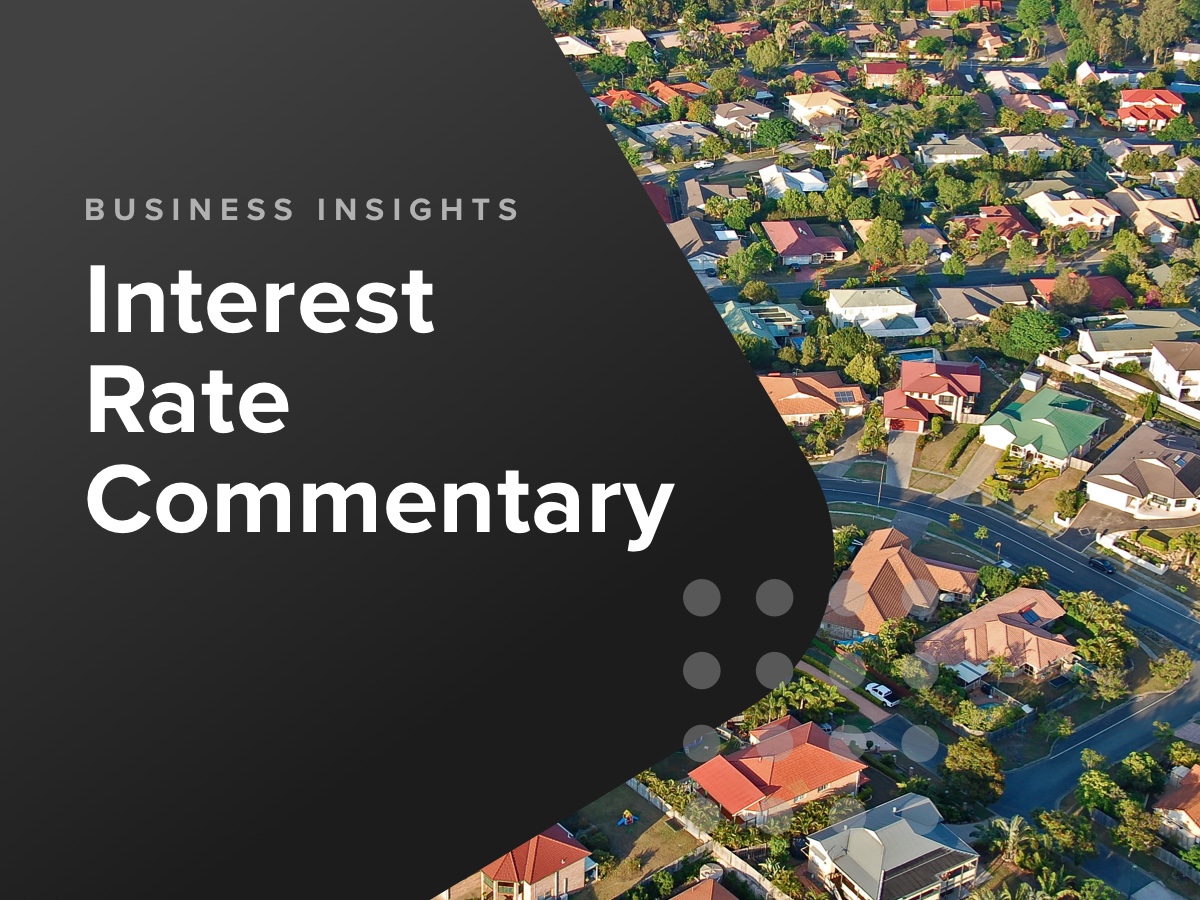In light of recent data indicating weakening economic conditions, the cash rate today was held at 4.10 per cent by the Reserve Bank of Australia (RBA). After months of leading indicators pointing to a slower jobs market, the unemployment rate increased from 3.5 per cent to 3.7 per cent in July 2023. This represents an additional 35,600 unemployed people, and is almost 65 per cent of the annual increase in unemployment over the year to July. Coupled with a fairly moderate increase in the Wage Price Index (WPI) of 3.6 per cent over the year to June, as well as declining job ads, the RBA can now be reasonably confident that the threat of the dreaded price-wage spiral has diminished considerably.
Retail trade data also tells us that Australian consumers have slowed their spending – where they can – considerably. Certain areas of non-discretionary services, such as rents, insurance, utilities and education, continue to record high or rising price increases. However, the RBA is very likely to recognise that further increases to the cash rate will do little to stem these prices, as various exogenous impacts are responsible for price rises in these sectors.
The impact of higher interest rates on Australian businesses is being felt mostly by businesses who rely on discretionary spending. This means that according to Creditorwatch’s July 2023 Business Risk Index (BRI) data, 48 per cent of food and beverage businesses and 35 per cent of retail trade businesses are considered high risk. This puts these two sectors in the top three for high risk industries – the other industry being administrative and support services, where 29 per cent are considered high risk. Quite incredibly, only 13 per cent of food and beverage businesses are currently considered low risk, highlighting just how tough it is for the restaurant and café sector.

Get started with CreditorWatch today
Take your credit management to the next level with a 14-day free trial.

